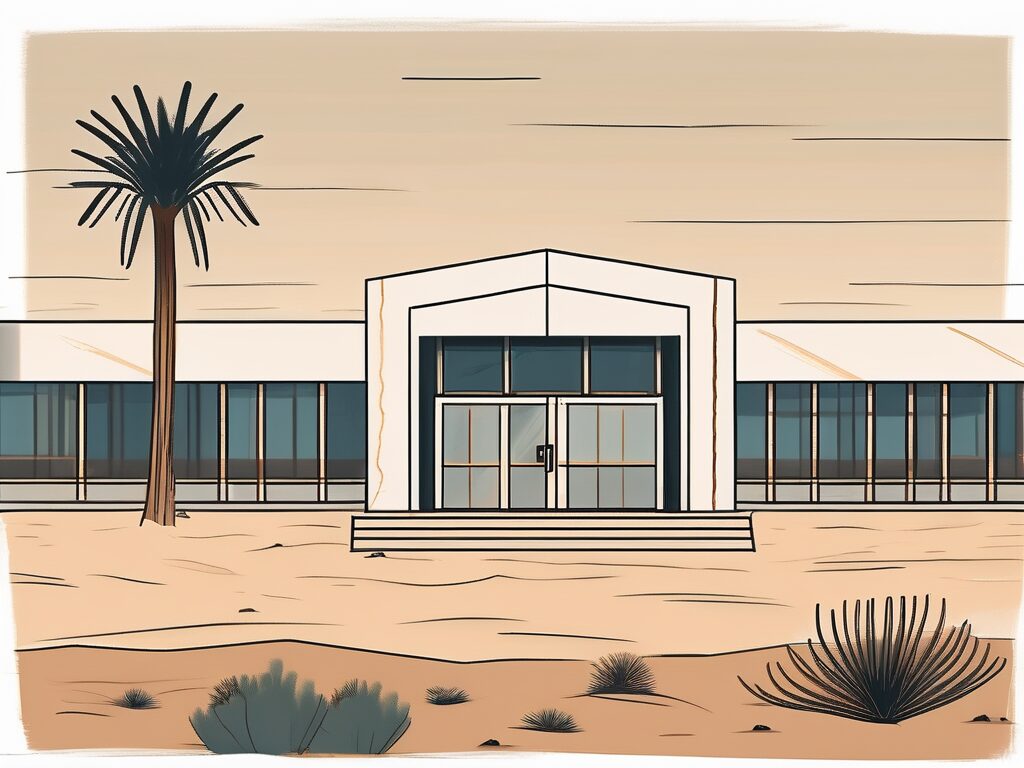The Kingdom of Saudi Arabia, a land rich in culture and history, is also a hub for migrant workers from around the globe. With a significant number of these workers bringing their families along, the question of education access for migrant kids becomes a pressing issue. While the Saudi government has made strides in providing education for all children residing in the country, there are still some challenges that need to be addressed.
1. Language Barrier
The first and perhaps the most significant challenge is the language barrier. The official language of Saudi Arabia is Arabic, a language that might not be familiar to many migrant children. This poses a significant challenge in the classroom, where the medium of instruction is predominantly Arabic.
Imagine being a young child, excited to learn, but struggling to understand the words your teacher is saying. It’s a bit like trying to solve a puzzle with missing pieces. You might get the general idea, but the finer details are lost. This is the reality for many migrant children in Saudi schools.
Efforts are being made to overcome this hurdle. For instance, some schools offer Arabic language classes specifically for migrant children. However, these are often not enough to bridge the gap completely.
2. Cultural Differences
Another challenge is the cultural differences that exist between Saudi Arabia and the home countries of migrant children. Saudi Arabia has a unique culture, deeply rooted in Islamic traditions. For children coming from different cultural backgrounds, this can be quite a shock.
It’s like moving from a bustling city to a quiet countryside village. Both have their charm and appeal, but the change can be overwhelming. This cultural shock can affect a child’s ability to adapt and learn in the new environment.
Again, efforts are being made to address this issue. Schools are implementing cultural integration programs and activities to help migrant children understand and appreciate the Saudi culture.
3. Legal Hurdles
Legal issues also pose a challenge to the education of migrant children in Saudi Arabia. Some migrant workers are in the country on temporary visas, which can create complications when it comes to enrolling their children in school.
Think of it as trying to buy a house, but your visa only allows you to stay in the country for a few more months. It’s a tricky situation that leaves many migrant children in a state of educational limbo.
The Saudi government has been working to amend these laws and regulations, but progress is slow, and many children are still left without access to education.
4. Socio-Economic Challenges
Finally, socio-economic challenges also play a role in limiting the access of migrant children to education. Many migrant workers in Saudi Arabia are low-wage earners, which can make it difficult for them to afford the costs associated with schooling.
It’s a bit like wanting to eat at a fancy restaurant but only having enough money for a fast-food meal. You can see the restaurant, you can smell the delicious food, but you just can’t afford to eat there. This is the unfortunate reality for many migrant families in Saudi Arabia.
While public schools in Saudi Arabia are free, there are other costs to consider, such as uniforms, books, and transportation. For many migrant families, these costs can be prohibitive.
Conclusion
Education access for migrant children in Saudi Arabia is a complex issue with many challenges. However, it’s encouraging to see that efforts are being made to address these challenges. With continued work and dedication, it’s hopeful that all children in Saudi Arabia, regardless of their migrant status, will have equal access to quality education.
After all, every child deserves the chance to learn, grow, and reach their full potential. And in a world that’s becoming increasingly interconnected, providing education for all isn’t just a moral obligation – it’s a necessity.
Empower Your Teaching Career with IPGCE
As we strive for educational equity for migrant children in Saudi Arabia, it’s essential for educators to be fully equipped with the right qualifications and understanding of global education systems. IPGCE is dedicated to enhancing the professional development of teachers, offering a pathway to overcome the barriers of stringent qualification requirements. By joining the UK’s #1 Teacher Training Course, you can increase your chances for interview callbacks, advance your career, and connect with a global network of educators. Embrace the opportunity to make a significant impact in the lives of students, both domestically and internationally. Join the UK’s #1 Teacher Training Course today and be the change you wish to see in the educational landscape.

